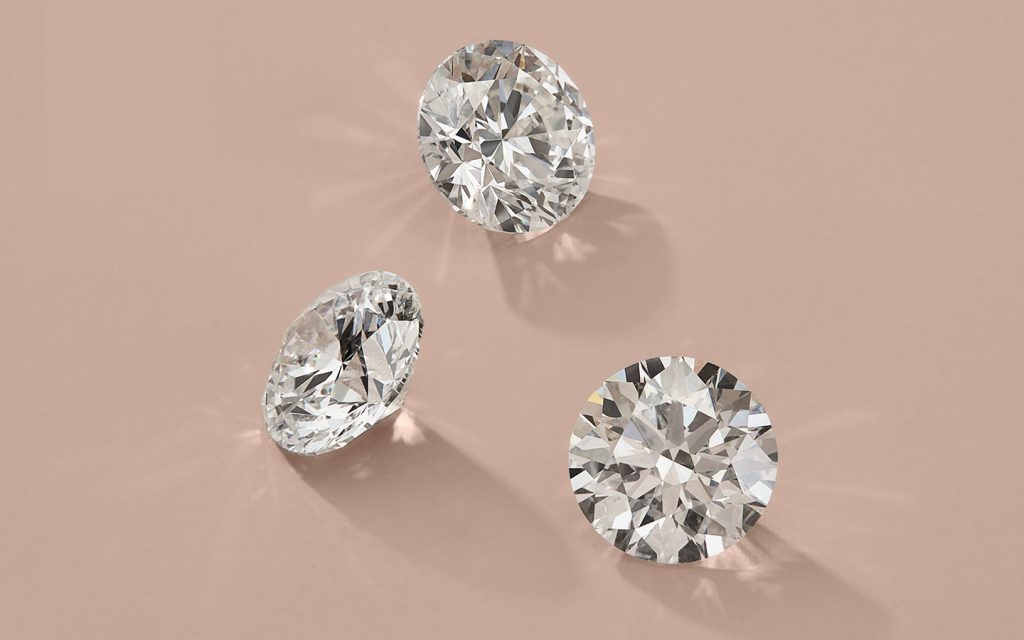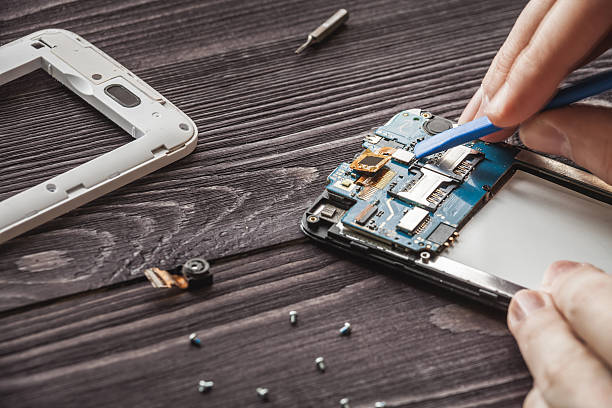Lab-grown diamonds have become a popular choice for many consumers seeking ethical and cost-effective alternatives to mined diamonds. But when it comes to purchasing these diamonds, one crucial factor stands out: certification. IGI (International Gemological Institute) and GIA (Gemological Institute of America) are two leading authorities in diamond grading and certification. How do you choose between them? What are the differences that matter to you as a buyer? Let’s dive into the details and help you make an informed decision.
Understanding Diamond Certification
What is Diamond Certification?
Diamond certification is a report issued by a professional gemological laboratory that assesses the quality and authenticity of a diamond. This document includes information about the diamond’s carat weight, color, clarity, cut, and other characteristics. For consumers, igi vs gia lab grown it serves as a guarantee of what they are buying, providing assurance and transparency.
Why is Certification Important?
Imagine buying a high-end electronic device without any warranty or brand assurance. Unthinkable, right? Similarly, purchasing a diamond without certification leaves you in the dark about its true quality and value. Certification protects your investment, ensuring you get what you pay for and making it easier to resell or insure your diamond in the future.
IGI vs. GIA: The Basics
Who are IGI and GIA?
The International Gemological Institute (IGI) and the Gemological Institute of America (GIA) are two of the most respected names in the diamond certification industry. Established in 1975, IGI is known for its comprehensive grading reports and international reach. GIA, founded in 1931, is a pioneer in gemological research and education, credited with creating the universal grading system for diamonds.
Key Differences Between IGI and GIA
While both IGI and GIA provide reliable and detailed grading reports, there are notable differences:
- Grading Standards: GIA is often regarded as the stricter of the two, especially when it comes to grading color and clarity. This means a diamond graded by GIA might appear slightly lower in quality compared to an IGI-graded diamond of the same characteristics.
- Report Details: IGI reports tend to be more user-friendly with a graphical representation of the diamond’s inclusions. GIA reports are more detailed and technical, which some buyers might find more reassuring.
- Global Reach and Recognition: While both certifications are internationally recognized, GIA has a broader reputation, especially in the United States. IGI, however, is more prevalent in Europe and Asia.
Evaluating Lab-Grown Diamonds
How Lab-Grown Diamonds are Graded
Just like natural diamonds, lab-grown diamonds are graded based on the 4 Cs: Carat, Color, Clarity, and Cut. Both IGI and GIA use these criteria, but there can be subtle differences in their evaluation methods and the stringency of their grading.
Trust and Transparency
When it comes to trust and transparency, both IGI and GIA have stringent processes in place to ensure the diamonds they certify meet the highest standards. However, GIA’s longer history and extensive research contributions often give it an edge in perceived trustworthiness among consumers.
Making Your Choice
Which Certification Should You Choose?
The choice between IGI and GIA certification often boils down to personal preference and specific needs. If you’re looking for a more detailed, technical report and are willing to potentially pay a premium for perceived higher trust, GIA might be the better option. On the other hand lab created diamonds, if you prefer a more accessible report and are perhaps looking for better value, IGI could be the way to go.
Consider Your Market
Are you buying or selling in a market where one certification is more recognized than the other? For instance, if you’re in the U.S., GIA might offer more recognition and easier resale. In contrast, in European or Asian markets, IGI could provide similar benefits.
Final Thoughts
Conclusion: Making an Informed Decision
Choosing between IGI and GIA certification for your lab-grown diamond is a significant decision that depends on your priorities. Do you value stricter grading standards and detailed technical reports, or do you prefer user-friendly certifications with potentially more lenient grading? Reflect on what matters most to you.
Remember, regardless of the certification, the most important aspect is that you are purchasing a diamond that brings you joy and meets your expectations. Ensure you buy from a reputable dealer who can guide you through the nuances of diamond certification, helping you make a choice that’s right for you.
Invest in knowledge, seek transparency, and let your certified lab-grown diamond be a symbol of both your values and your exquisite taste.





